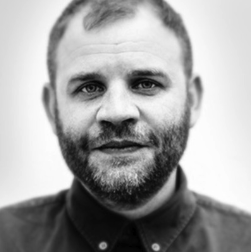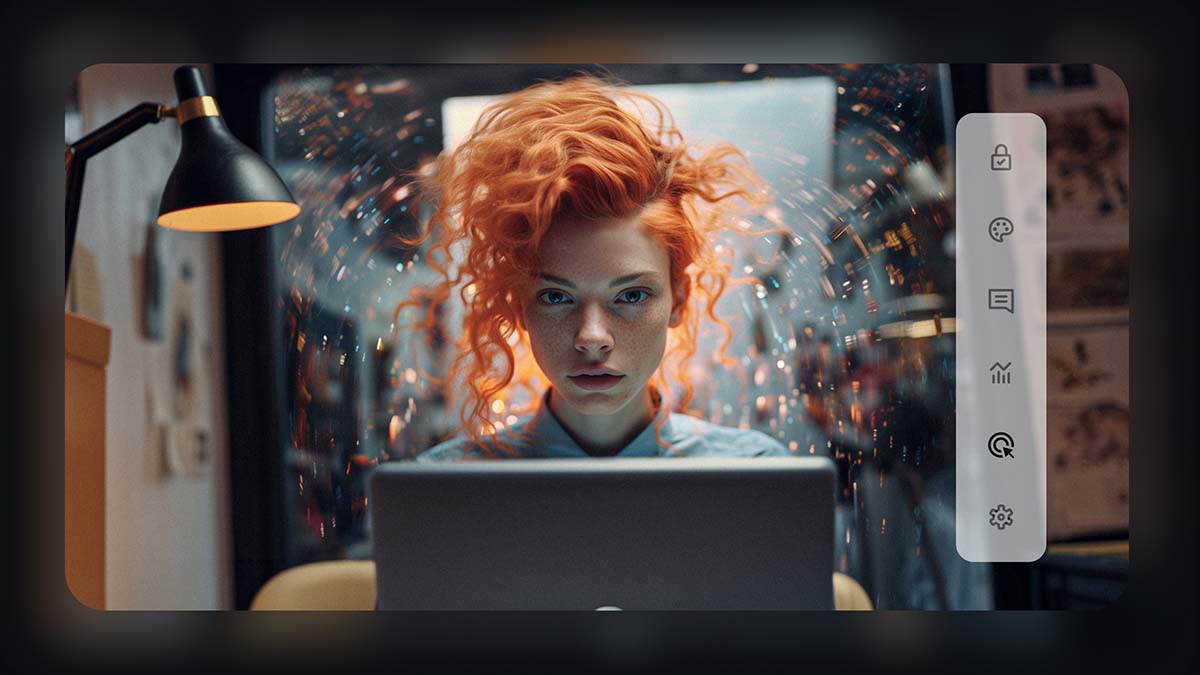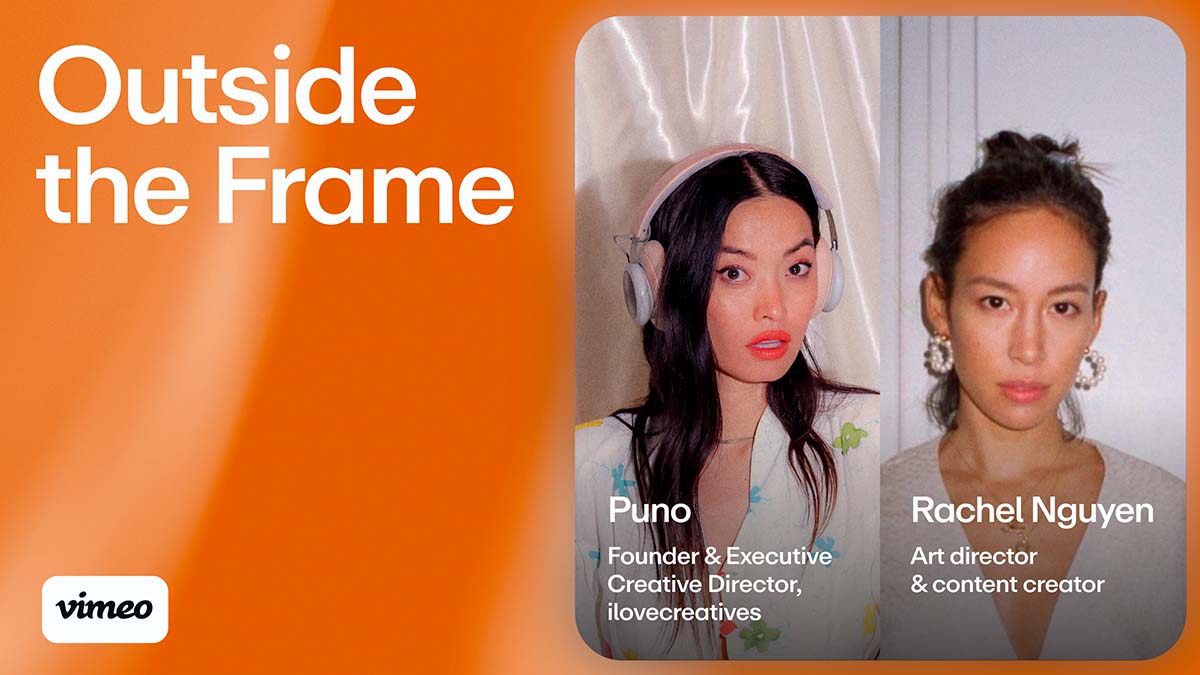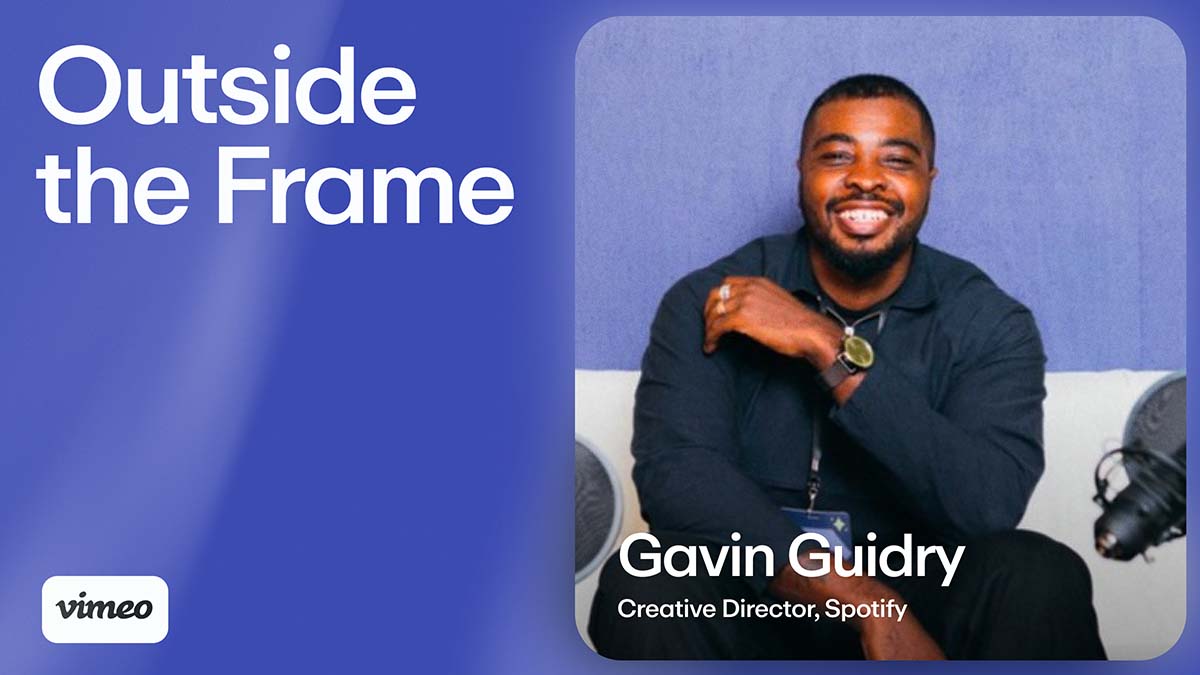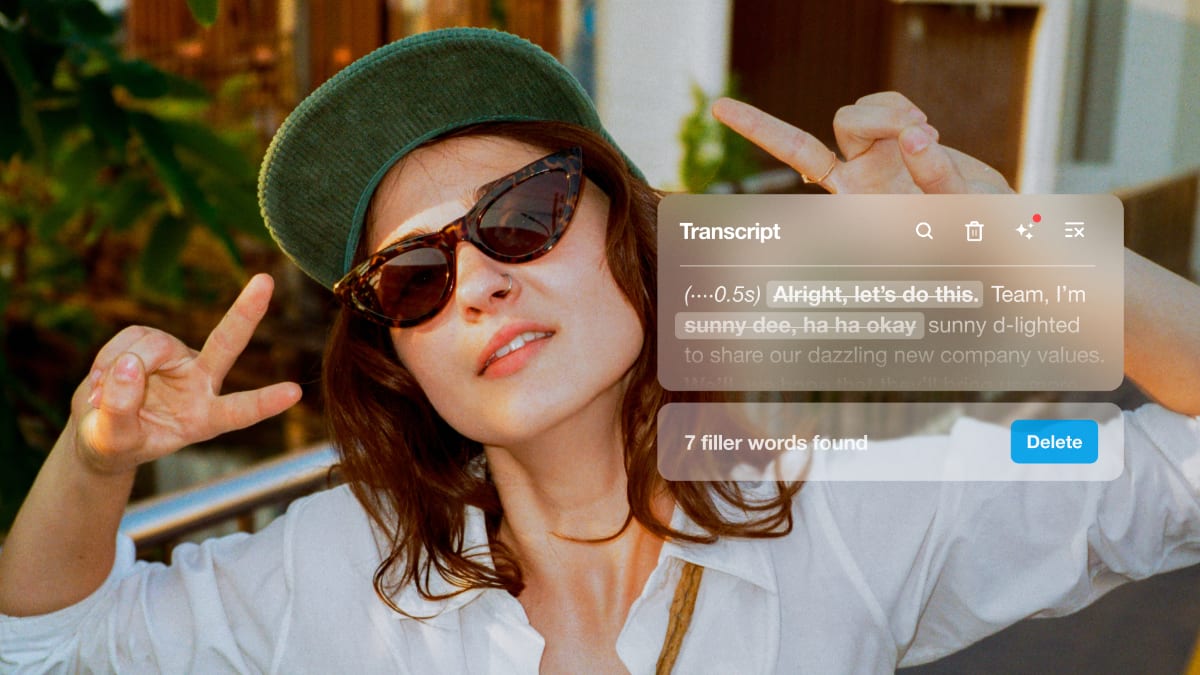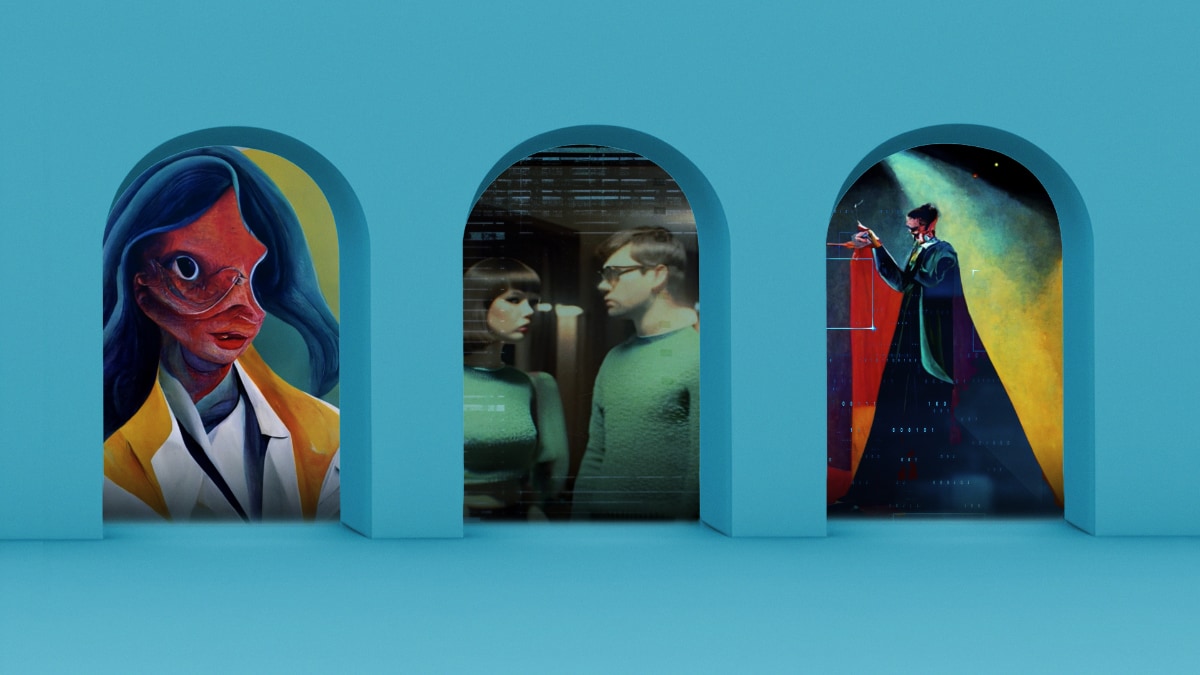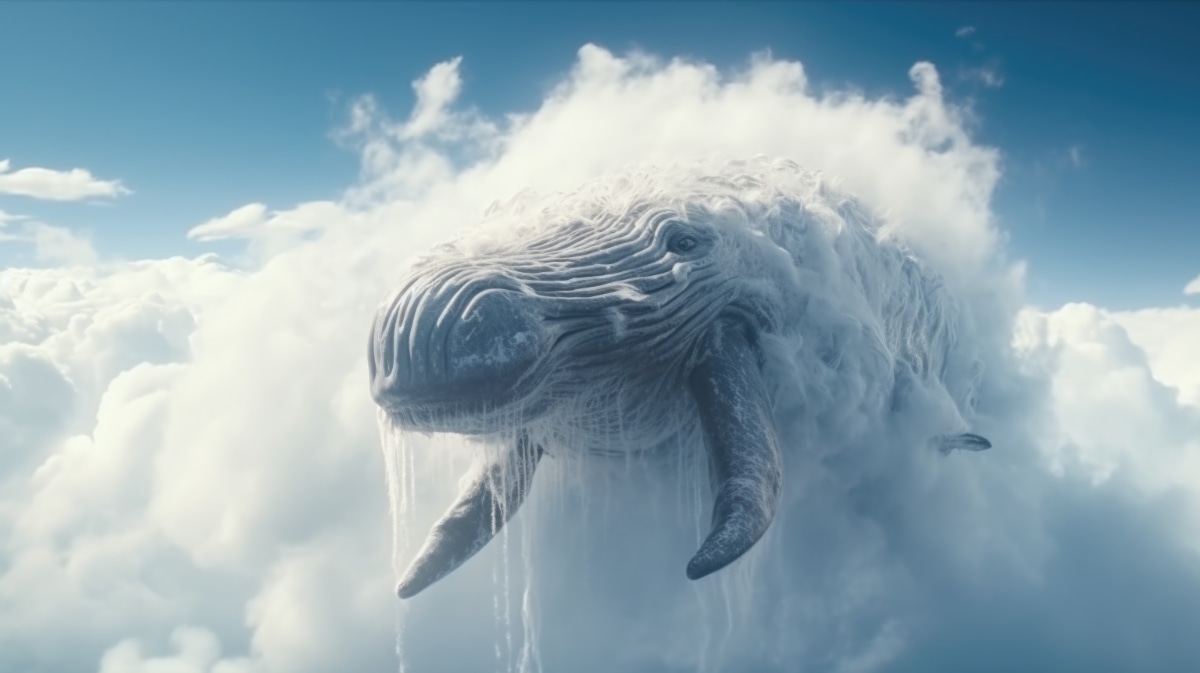
There’s no debating it, AI isn’t going anywhere.
While there is a legitimate conversation about whether or not AI will replace writers, editors, and concept artists, many have accepted AI's inevitability and are now thinking about its capability to transform how work is being done.
At Cannes, I heard perspectives from creatives like will.i.am of Black Eyed Peas fame discuss how AI will change the world in the next 10 years. Much of the conversation was centered around how AI is rapidly unlocking people’s dormant abilities and its impact on the creative process.
As someone who’s worked as a creative director for 20+ years, I wanted to express my thoughts and take this as an opportunity to start an open dialogue with the community.
What’s the current state of affairs, and where do we go from here?
Here’s what AI can do now
“I was a magician before I was a filmmaker. Pretty quickly, when you’re a magician, you learn that any sufficiently advanced technology is indistinguishable from magic. And magic can be scary if you don’t know how it’s working or what’s going on. That’s the same way I feel with AI: as an artist, or any kind of person who’s making money from putting something that’s in your mind onto the page, or onto the screen, AI is a scary thing because it could replace you.”
Creativity is an inherently human characteristic, and one AI can’t easily replicate.
Midjourney launched in July of 2022, and ChatGPT followed close behind in November of the same year. Since then, we’ve already seen self-identified “non-creatives” unlock creativity that has gone untapped because of skill gaps.
Some of these creations have been impressive, and the tools have evolved so rapidly, you’d be forgiven if you’ve forgotten that these tools are only a year old.
AI can help you communicate concepts
Nuanced concepts for stories, images, movies, or music have been limited by the necessary techniques and skills needed to bring those ideas into existence.
But in the past year, images like this can be made with a few simple keystrokes:
For experienced creators like award-winning filmmaker Hashem Al-Ghaili, the potential is greater.
Consider his mostly AI-generated short film, "Last Stand," which depicts how humanity might react if extraterrestrials made contact.
“AI is going to have us look at things in a way that we never thought to think about,” says Crystal Edmonds, Head of Accounts and Event Activation at Magnet Media Films. “I think it's going to open our minds. We're going to learn things that we never even knew we really wanted to know about. I think you're going to see people just unlock another level of creativity through AI.”
Take, for instance, Staff Pick winner Paul Trillo’s short film “Thank You for Not Answering.”
Instead of shooting for realism, he intentionally leans into the dream-like aesthetic inherent to Runway’s Gen-2. “As a man [that] leaves a voicemail to a person from his past, he is flooded with fragments of his fading memory and imagines a life that could have been.”
Like a true artist, he’s adapted to the strengths and limitations of the medium to create something unique.
AI can help you validate and sell ideas
Make no mistake, while the above are beautiful examples of how AI is being used to express an artistic vision, AI for commercial use is, at this stage, a gimmick.
Take a look at this AI-generated beer commercial. It's a product of the time, and it couldn’t be taken seriously if run as a legitimate ad.
It does, however, provide more than enough information to communicate an idea to executives far more effectively than a mood board, sketch, or elevator pitch ever could.
With generative AI, you don’t have to rely on your words alone to paint a visual for 10+ people: Instead, you can use a descriptive prompt to generate the perfect sizzle film, animatics, or pre-visualizations to get people to buy into a vision.
What does that mean for creatives today?
Start learning how to write a strong prompt for AI.
“I think that this generation will upskill into the tools that we have available to us and start leveraging generative AI in both written and visual mediums,” says Orlando Baeza, Chief Marketing Officer and Chief Revenue Officer at Flock Freight. “I actually think there's a lot of job growth here, but it will require upskilling our current force, and then this next generation coming in and evolving it.”
AI can save valuable production time
Today, video production takes an average of two to three weeks to create from start to finish, but AI is speeding this process up, freeing creators to be more creative and giving production folks more time for work that requires focused craftsmanship.
“I think one of the greatest crises in the film industry is how expensive it is to make a movie. There’s a high barrier of entry to make a movie — one of the special things about Vimeo is that it democratizes filmmaking,” continues Baeza. “So if AI and machine learning are tools that can help someone who has very few resources reach a mass appeal, that’s a good thing, right?”
Vimeo AI is already making video production easier by automating processes like editing, transcription, personalization, and scheduling. For instance, adding or removing objects from the background of videos used to be a painstaking, time-intensive process — but it now just requires using Adobe’s Generative Fill tool.
“I think organizations will see AI as productivity and efficiency gains,” says Baeza. “I think AI will be incredible partners and probably be embedded inside of creative organizations.”
And here’s what AI can’t help you with
AI won’t help you go viral
Machine learning works by crunching pre-existing data and following the patterns of what it has previously consumed. For example, a generative AI tool can come up with a beautiful image of a blue cup, based on the thousands of images it has processed of blue cups.
But creativity isn’t about repeating what’s worked before — it’s about framing things in a new way, putting a new spin on old ideas, or making a connection no one else has previously made. As Steve Jobs famously said:
“Some people say give the customers what they want, but that's not my approach. Our job is to figure out what they're going to want before they do. I think Henry Ford once said, ‘If I'd ask customers what they wanted, they would've told me a faster horse.’ People don't know what they want until you show it to them. Our task is to read things that are not yet on the page.”
Creativity is a mix of science and art, and AI is really good at the science portion of that equation.
There are certain formulaic, repeatable best practices that we use in the field and that AI can replicate, such as the rule of thirds or using a large red font when promoting a sale. But so far, AI isn’t able to be forward-looking: it can’t account for virality or identify a new, innovative perspective that customers will love.
For creatives, that’s good news. Differentiate yourself with creative ideas, then use AI to help bring those ideas to life.
AI can’t replicate the creative process
One of the wonderful things about the creative process is that — no matter how detailed your vision is — your idea takes on a life of its own as it’s produced. Every person that touches your idea brings their own vision and perspective to it, which means the finished result has a quality to it that you couldn’t have predicted.
A film editor I worked with once said, “You might have shot your storyboard, but your storyboard doesn’t mean anything now — I’m going to use the footage I’ve got.” Even if everything was shot as planned within the storyboard, that film editor might highlight details or edit things in a way that differed from your original plan.
Currently, I don’t see a way for AI to replicate the creative process in that way.
It doesn’t have a unique creative outlook that it can introduce into the process like a specific film editor or videographer might. And so, even if AI is used throughout the creative process — to speed up ideation or editing — humans are still integral to the creative process itself.
Stay curious and keep an open mind
I don’t believe AI will replace human creativity any time soon, and from where I sit, AI's most practical use now is to manage tedious processes like generating the first draft of a script or editing videos like you edit text.
The throughline is that AI can speed up our ability to communicate our vision, and it’s a catalyst for a new generation of creators to emerge, who can do things we would’ve never dreamt of. If I had to capture the moment in a phrase, it would be anxious excitement, because for the first time in a long time, we’re looking into the unknown.
Really though, I’m just one man, with one set of thoughts and opinions. I think we should keep exploring the possibilities with playful curiosity, maintain an open mind, and continue the dialogue.
So, I’m curious — where do you stand? How are you using AI now, and where do you think it’s taking us?
